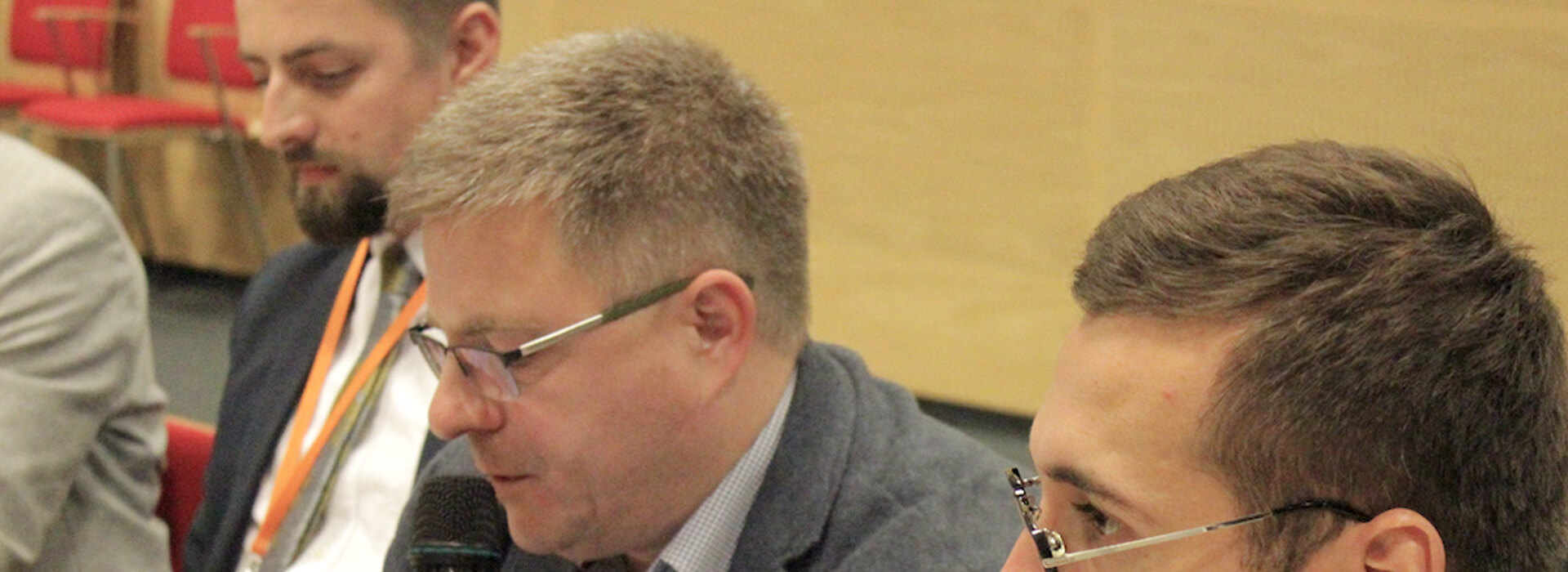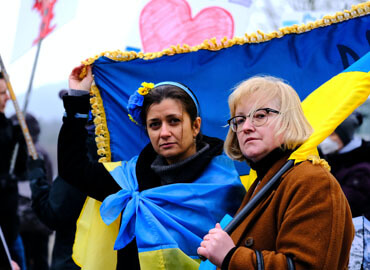During his recent visit to Astravets Lukashenka admitted his being positive about the feasibility of restoring normal relations with neighbouring countries. Reform.by asks iSANS CEO Vlad Kobets about the reasons for such confidence.
According to Lukashenka, he is sure that Belarus will restore normal relations with Lithuania and Poland. These statements have been expressed against the backdrop of current unfriendly steps. The migration crisis is still in progress; it has also been announced that criminal cases were launched against unnamed Latvian officials. What is going on?
One can see that Lukashenka resorted to his trademark manner; for several months now he has been sending signals that it would be nice to open the Western vector again. In his view, this should happen on his terms. It is clear that the situation in which Belarus found itself sealed in the same jar with Russia — due to the policy pursued by him – is going to have disastrous consequences in the long term both for the country taken as a whole and for Lukashenka’s being in power. He realises that his usual game (putting opposition activists in prison, jailing them for a year or two, then returning to seesaw poliсy and trading in political prisoners) did not work. The multiple crimes committed are too grave. The methods used in suppressing the Belarusian protests and the subsequent repressions are assessed as crimes against humanity; and his consent to the use of the territory of Belarus in Russia’s armed aggression against Ukraine has practically deprived him of the opportunity to hold a dialogue with at least some representative of the civilized world. This war has already resulted in the issuance of a warrant for Putin’s arrest.
We have yet to see whether a warrant for Lukashenka’s arrest has been issued, but in all likelihood it is a matter of time, because he is regarded as a co-aggressor. In these settings he definitely cannot feel comfortable. What is perhaps even more important is that under these conditions Belarus can no longer be a full-fledged transit country for various goods, including those from China. Now the passage of cargoes is accompanied by problems along the entire Belarus-EU border. Therefore, he believes he is trying to mend relations using the carrot and stick approach, as was previously the case. The problem is that it is crystal clear what he wants, i.e. unhampered transit of goods, lifting of sanctions… But it is completely unclear what he can offer in exchange. His current maneuvre space is far less than the margins he had before 2020 and even before February 2022. To some extent, he is trying to position himself not as a separate problem, but as part of the Tehran-Moscow-Beijing axis of evil, but it is unclear what benefits he gets for himself in such a configuration.
It is obvious that China is not going to cover up for him, since they are unwilling to face more trouble in their relations with the West, and the reputation of Iran and Russia is totally unambiguous. Initiating a criminal case against Latvian officials is also an action of that kind. This is a reaction to their initiatives to bring Lukashenka to justice for the crimes he committed. And he is trying to pretend that only two can play this game. But his problem is that the weight of the charges presented by the Belarusian Investigative Committee substantially differs from that of a prospective warrant from the International Criminal Court which includes almost 130 states respecting the priority of human rights and the rule of law; thus, the actors are in different leagues.
You say that it is unclear what Lukashenka could offer the West and its closest neighbours. He mentioned the release of political prisoners, for which certain conditions should be met. What might be made as provisions?
Of course, he would like to return to the trade in political prisoners, as it was in previous years. At the same time, his ability to bargain spawns huge doubts. It is absolutely clear that he will not offer the release of all political prisoners, or even some of the jailed public figures who, in his opinion, pose the greatest danger. At the same time, there is every likelihood that he will demand the lifting of the most harsh sanctions (e.g. those imposed on Belavia, potash fertilisers) as well as the removal of all obstacles to the transit of goods. It is extremely doubtful that in these days he has enough sovereignty to release not even all political prisoners, but some significant part of them.
Firstly, his own security forces, who diligently put these people in jails and on whom he directly depends now, will not give him a pat on the back for such a decision. Secondly, he will immediately receive a call from the Kremlin and be asked what he is up to, because repressions in Belarus are not only Lukashenka’s own business, but also somewhat of an obligation to the Kremlin. They should be even tougher than in Russia so that no one could even think about resisting and сrossing the Kremlin’s plans. Therefore, it is scarcely probable that he will be able to put the сard of political prisoners on the table, even if there is a strong proposal from the West. On the contrary, in return Lukashenka will put forward one more condition relating to the minimisation of support and, one might say, the pessimisation of the Belarusian democratic transit forces which work from Lithuania and Poland. In the near future there will be an increase in the number of information attacks and other provocations against them. His proxies and propagandists will be talking a lot about their being ‘wrong and corrupt’ forces, their causing damage to Belarus, Lithuania, Poland, and their hindering the establishment of normal relations between the countries.
Lukashenka also said that some talks were being carried out via ‘closed channels’. At the same time, he does not expect changes in Poland’s policy after the parliamentary elections. Sviatlana Tsikhanouskaya has recently urged the West to refrain from negotiations with Lukashenka. Does it mean that the politicians interested in such a dialogue, who had to remain silent after the events of 2020, might become more active?
Closed communication channels always exist, they are preserved even between belligerent powers. There are always people who are ready for a dialogue at any cost. There are always people who think that nothing is happening and sanctions have no effect, so at least something needs to be done or some change needs to be made. Apparently, counting on the ‘divide and conquer’ phenomenon, Lukashenka decided to use this chance and pass a ball to the Polish opposition which is taking over. Furthermore, Lukashenka successfully interacts with the Hungarian government headed by Orban; pro-Kremlin politician Robert Fico has come to power in Slovakia… He must have got the feeling that he managed to sit the problem out, and now the thaw is going to start, and the new government in Poland will automatically abandon everything that has been done by the predecessors. Perhaps, he was not told that supporting the Belarusian democratic transition forces is a matter of bipartisan consensus in the Polish political class.
Lately there have been more and more people saying that the current stage of the war will end not on Ukraine’s terms, but as a result of the negotiation process. Will Lukashenka manage to appear at the negotiating table in this case?
Of course, he will be striving for that, and what he wants is not just to serve coffee, but to find himself at the negotiating table. In addition, the Kremlin asserted that Belarus should be a party to the talks. But not everything depends on the Kremlin’s and Lukashenka’s desires. Still, the ball regarding the start of negotiations is on the side of Ukraine and its partners. Therefore, it is doubtful that Lukashenka will be able to attend these negotiations.
But even if he lands up there, his presence is unlikely to have a significant effect on anything. As soon as the situation in Ukraine is somehow resolved and becomes more or less clear, his position, on the contrary, will be even more precarious, because the Kremlin needs Belarus as a nominally independent country with Lukashenka at the helm during the war in order to circumvent sanctions, produce defense goods, deploy and train military personnel, launch strikes from a bridgehead which has the most unfavourable location from the perspective of Ukraine. That is, he is needed as a conditionally independent party only during an armed conflict, and he is interested in its continuation as long as possible. What will happen to him after the end of the hot phase of the conflict and the deemed normalisation – it is an open question.










